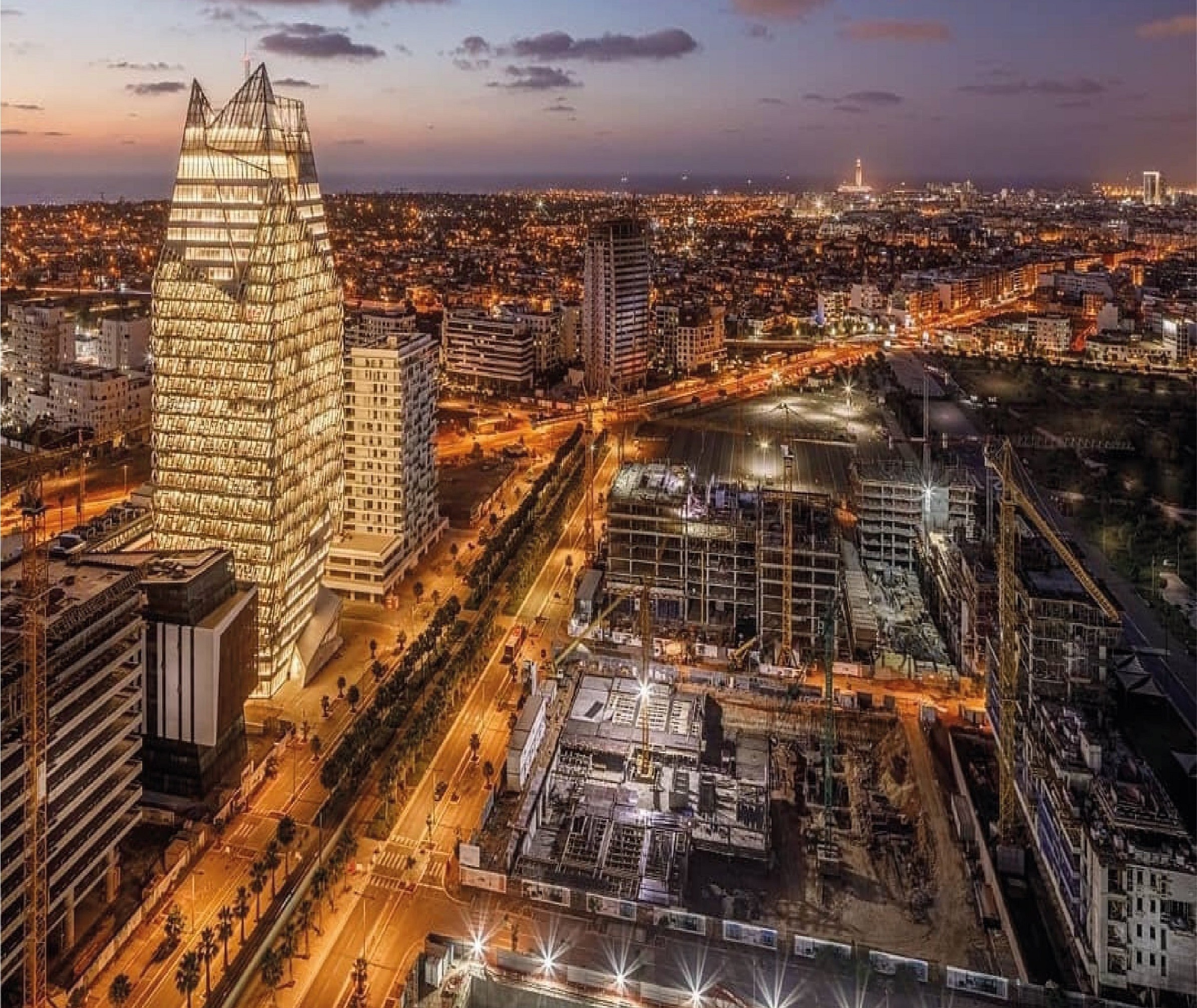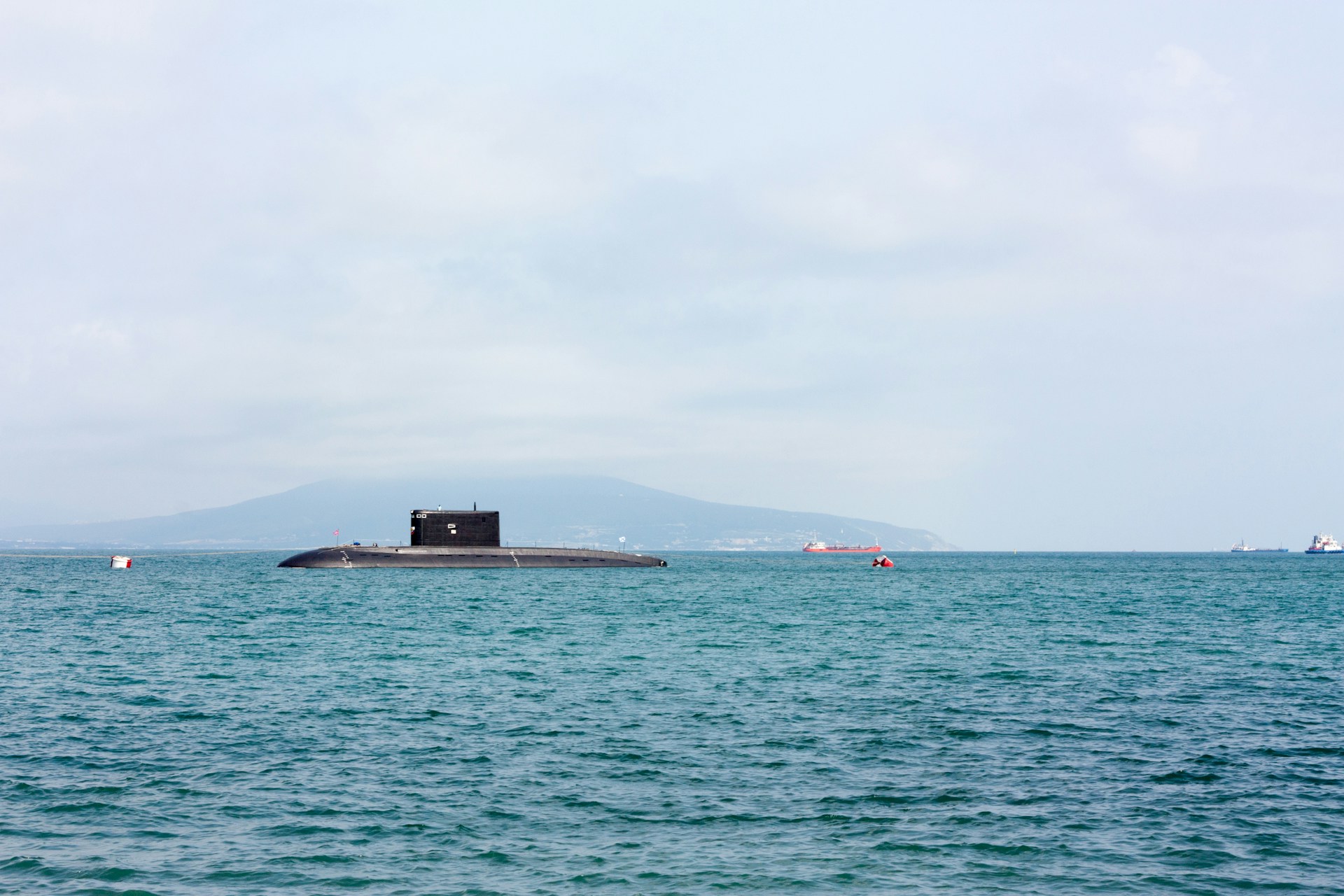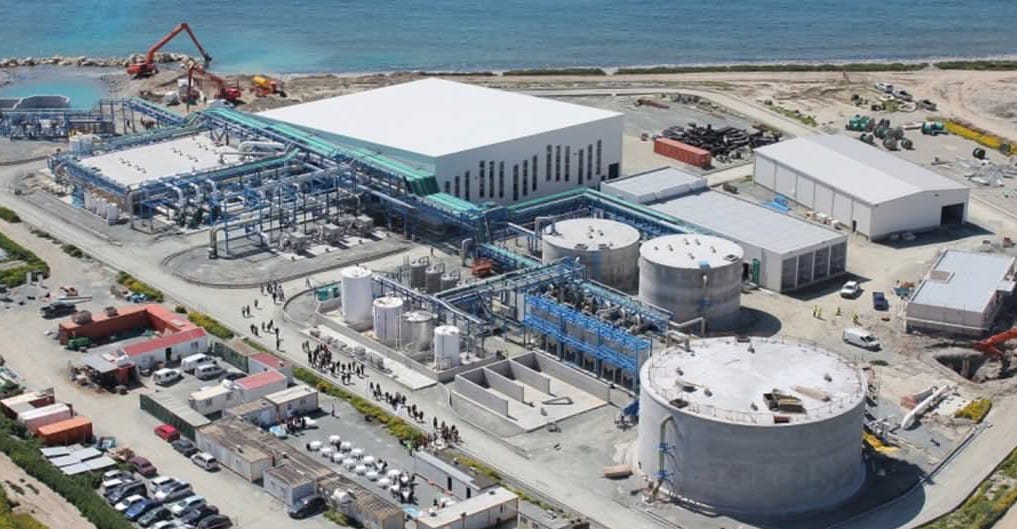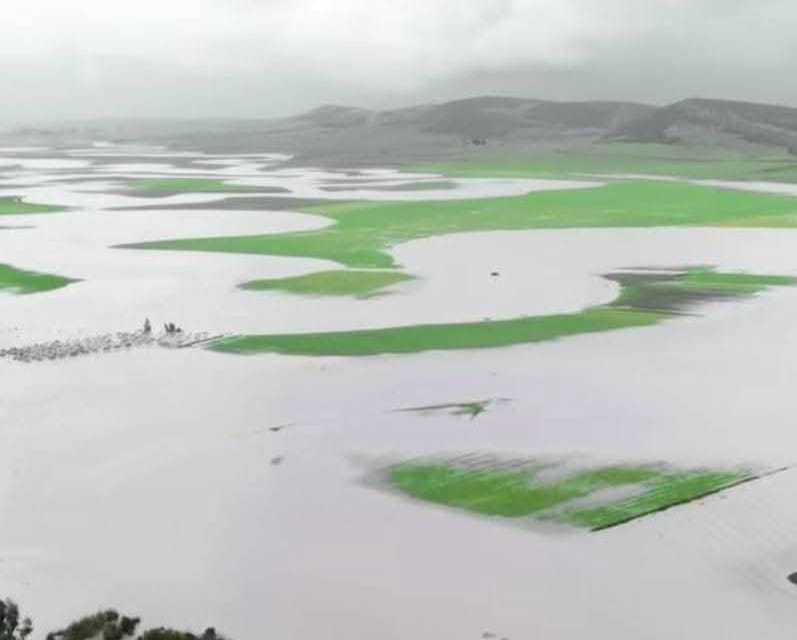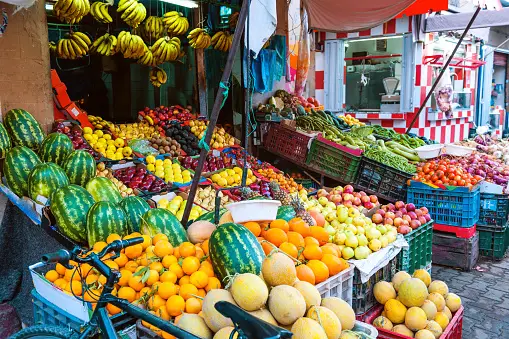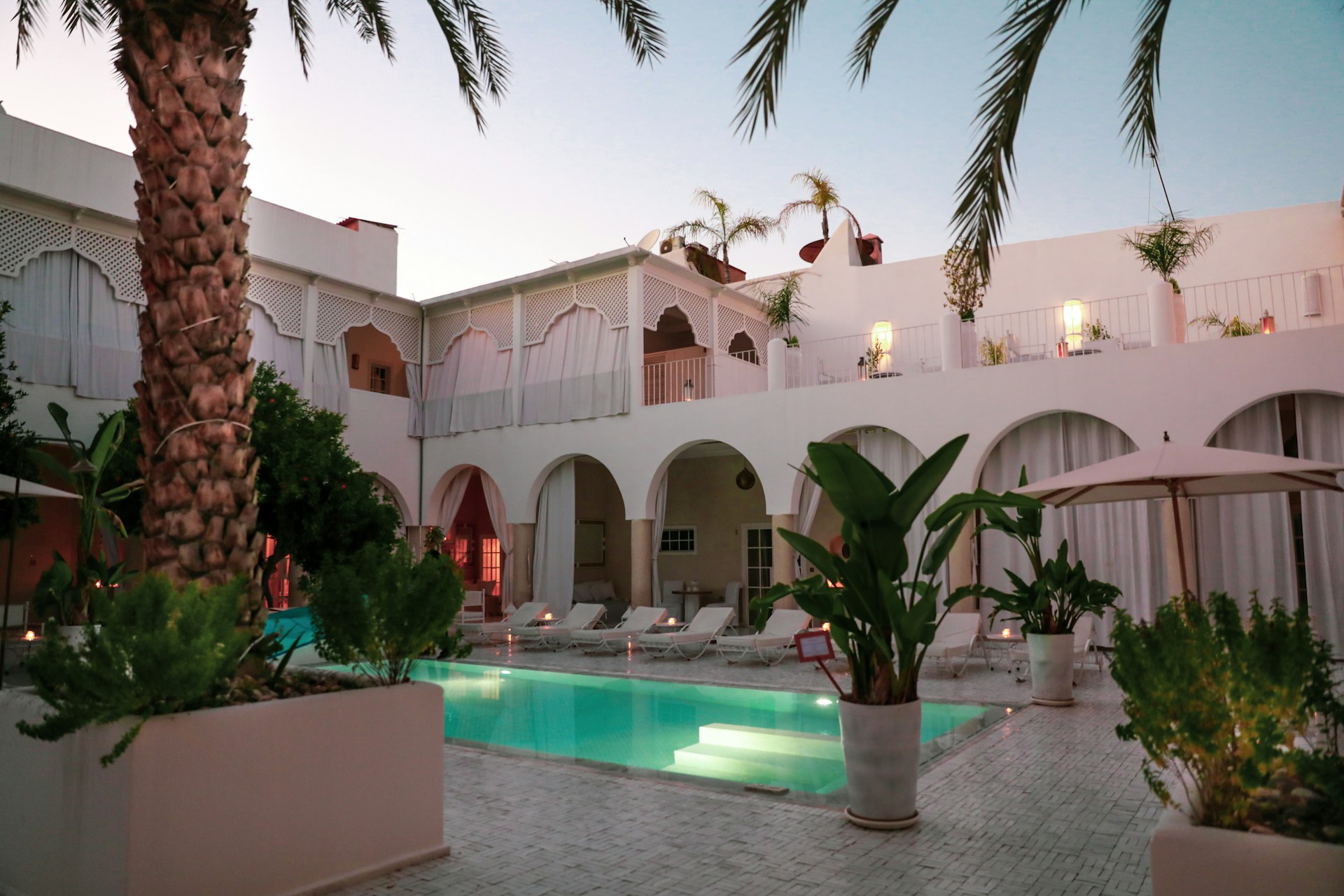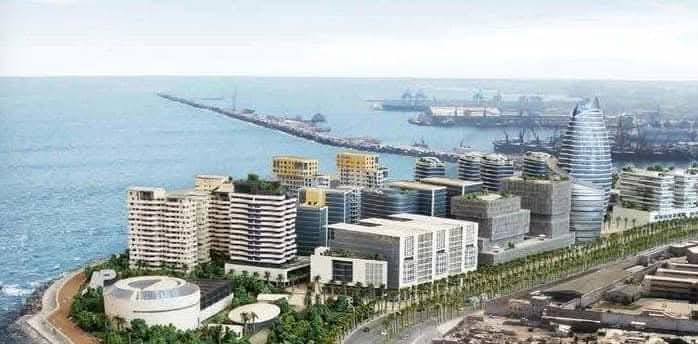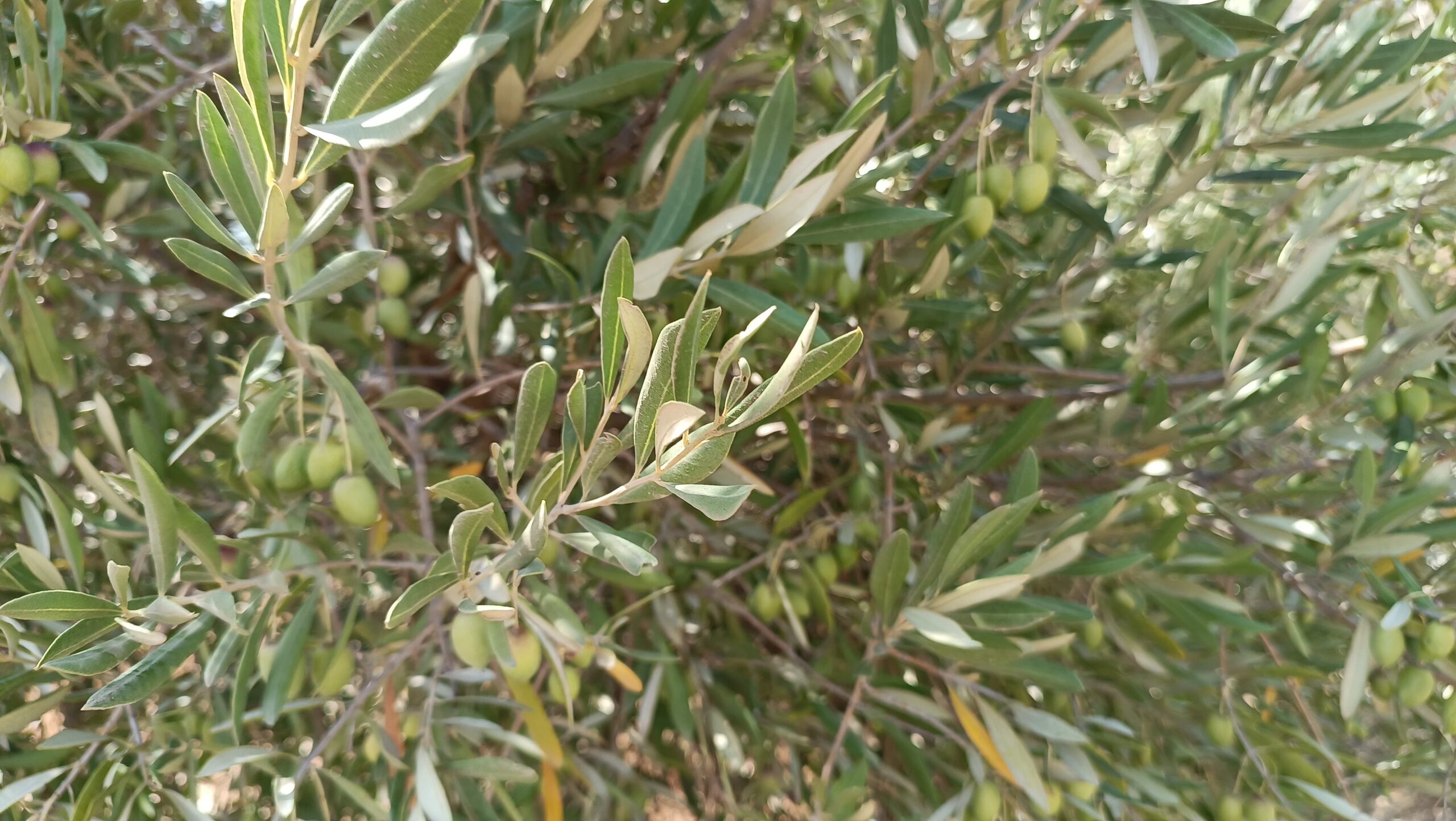Casablanca – In an effort to tackle the growing challenge of water scarcity, Morocco is significantly expanding its desalination projects as part of a national strategy aimed at ensuring sustainable water resources for the future. This move has been accelerated by the ongoing climate crisis and increasing pressure on traditional water sources. Morocco’s push to secure its water supply has recently been highlighted by two major desalination projects: a Chinese partnership to build a large-scale plant with a capacity of 548,000 tons of water per day, and the launch of the Nador desalination plant, which will become the second-largest in the country.
Chinese partnership with Lipu Industry
As part of Morocco’s efforts to combat prolonged droughts and water scarcity, a landmark contract was signed in October 2024 with Lipu Industry, a Chinese company recognized for its expertise in water infrastructure. This partnership aims to create a plant with a production capacity of 548,000 tons per day of desalinated water, a significant boost to Morocco’s growing desalination capacity. The project, which is part of Morocco’s broader water strategy, is seen as a response to the intensifying water crisis driven by climate change and droughts.
Lipu Industry’s involvement highlights the increasing role of international collaboration in Morocco’s efforts to secure non-traditional water sources. This partnership underscores Morocco’s commitment to innovative water solutions that ensure access to clean drinking water while also supporting agriculture and industrial growth. The exact location of this new desalination plant has yet to be disclosed, but it is expected to significantly bolster the country’s efforts to overcome water shortages, providing long-term solutions to the growing demand for water.
Nador desalination plant: A local effort to secure water
In addition to the Chinese partnership, the recently launched Nador desalination plant in February 2025 is another major initiative in Morocco’s expanding desalination portfolio. Positioned as the second-largest desalination facility in Morocco, the Nador plant is expected to produce 250 million cubic meters of water annually, serving both urban and agricultural needs in the Nador region and surrounding areas. This project is aligned with the country’s national goals to improve water security through non-conventional resources like seawater desalination.
The Nador project plays a pivotal role in addressing water needs in Nador, which has faced increased pressure from population growth and agriculture. It is also expected to benefit the nearby regions, especially Berkane, which heavily depends on water for both irrigation and drinking. Once operational, this desalination plant will not only contribute to the region’s economic development but also help maintain environmental balance and sustain agricultural production.
A broader strategy for water resilience
Both the Nador desalination plant and the agreement with Lipu Industry reflect Morocco’s growing focus on seawater desalination as a primary method of securing sustainable water sources. These projects are part of a larger wave of desalination efforts across the country, which includes ongoing and upcoming projects in Casablanca, Souss-Massa, and Dakhla, among others. The Casablanca desalination plant, for instance, is set to produce 200 million cubic meters per year in its first phase and aims to increase its capacity further by 2028.
Currently, Morocco operates 14 desalination plants, producing 192 million cubic meters of water annually, with six more plants under construction. These efforts are part of an ambitious plan to expand desalination capacity to nearly 1.5 billion cubic meters by 2030.
This strategy is essential not only for addressing current water shortages but also for ensuring long-term water security in the face of climate change. Morocco’s ability to integrate advanced desalination technologies with international partnerships places the country at the forefront of sustainable water management in North Africa, providing a model for other nations grappling with similar challenges.
As these large-scale desalination projects continue to take shape, Morocco is making decisive strides toward securing a resilient and sustainable water future, ensuring reliable access to water for generations to come.

